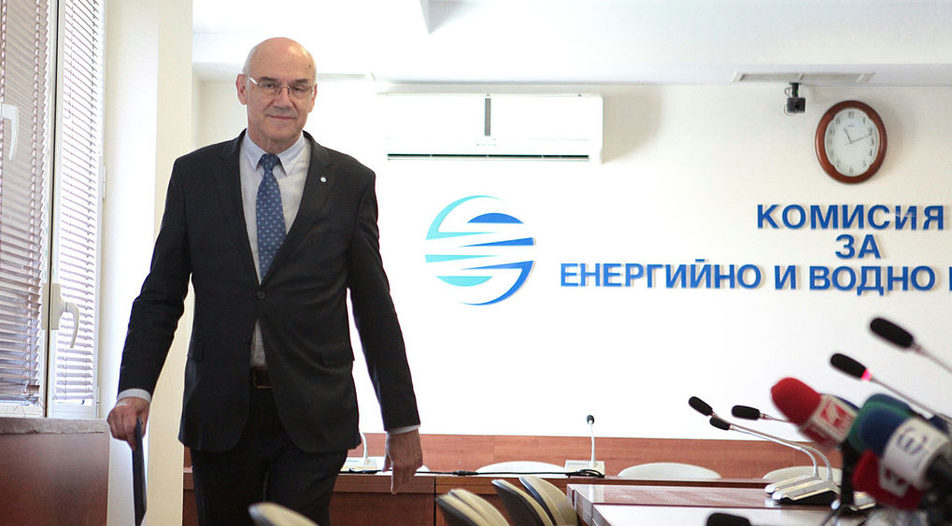Daily Covid-19 cases reached a record 4,851 (24.4% of all tests) on March 23, today's numbers showed. Fortunately, it seems attitudes towards vaccines are slowly shifting - results from a poll conducted by Exacta Research Group show that 63% of Bulgarians believe vaccines will pave the way towards a return to normalcy. For comparison, a February poll by Alpha Research showed that over 50% of respondents had no intention of getting the vaccine.
Gas price to increase as of April 1
The price of natural gas will likely increase by 13% from April 1 to just over 32 levs per MWh - the highest value in over a year, according to calculations by the Energy and Water Regulatory Commission. The increase is hardly a surprise as gas prices on international markets rose by 20% in March. The commission's estimates will be discussed at a meeting on March 25. Consequently, inflation is also likely to go up.
Coface: Insolvency risk highest for firms in energy and textiles
According to credit insurer Coface Bulgaria's risk assessment report, the insolvency risk is highest for firms in energy and textiles in the first quarter of 2021. According to Coface analysts, insolvency in Bulgaria is down in January in February 2021 compared to the same period in 2020 because of government aid keeping so-called zombie firms afloat. CEO Plamen Dimitrov says that this will likely change in the second half of the year when the rollout of fiscal stimulus gradually ends.
Half of GDP growth in 2014-2020 due to EU funds
In 2020, Bulgaria's GDP was 16.7% higher than in 2013, according to national statistics. Calculations by the Ministry of Finance based on the econometric model SIBILA 2.0 show that half of this increase is due to absorbed EU funds from the second programming period 2014-2020, according to a report posted on the ministry's website in March 2021. The calculations represent an estimate of the direct macroeconomic effects of the European Union's structural funds and the projects financed by them. By the end of 2020, 54.4% of the 9.9 billion euro intended for Bulgaria in the second programming period had been absorbed.
Daily Covid-19 cases reached a record 4,851 (24.4% of all tests) on March 23, today's numbers showed. Fortunately, it seems attitudes towards vaccines are slowly shifting - results from a poll conducted by Exacta Research Group show that 63% of Bulgarians believe vaccines will pave the way towards a return to normalcy. For comparison, a February poll by Alpha Research showed that over 50% of respondents had no intention of getting the vaccine.












